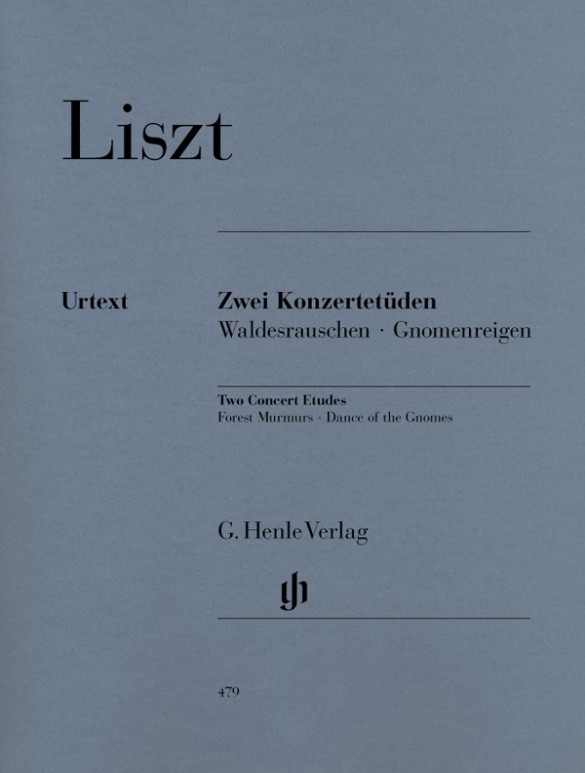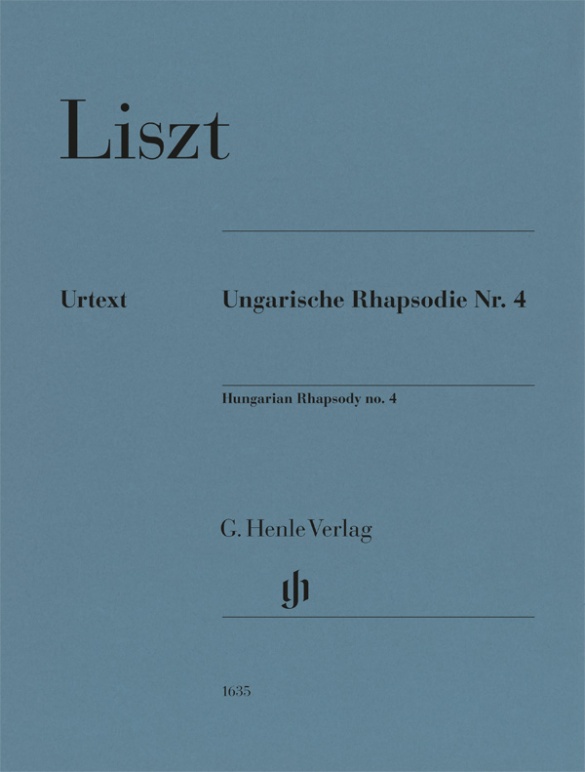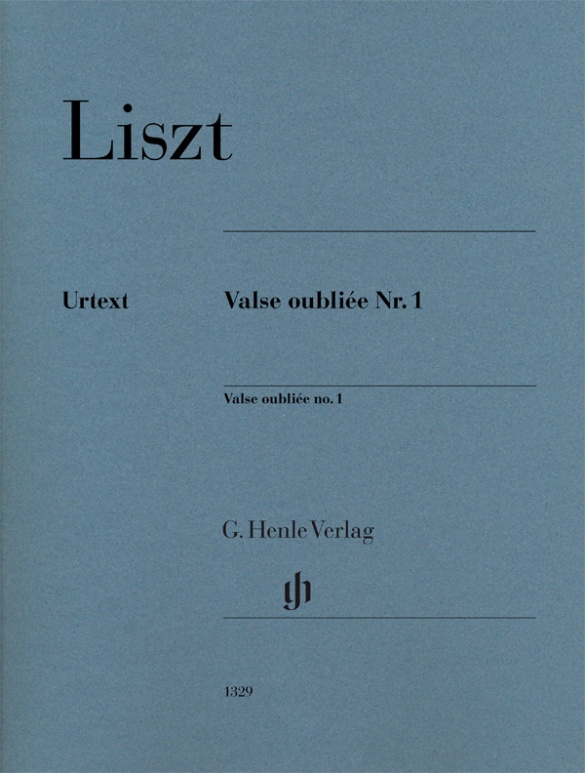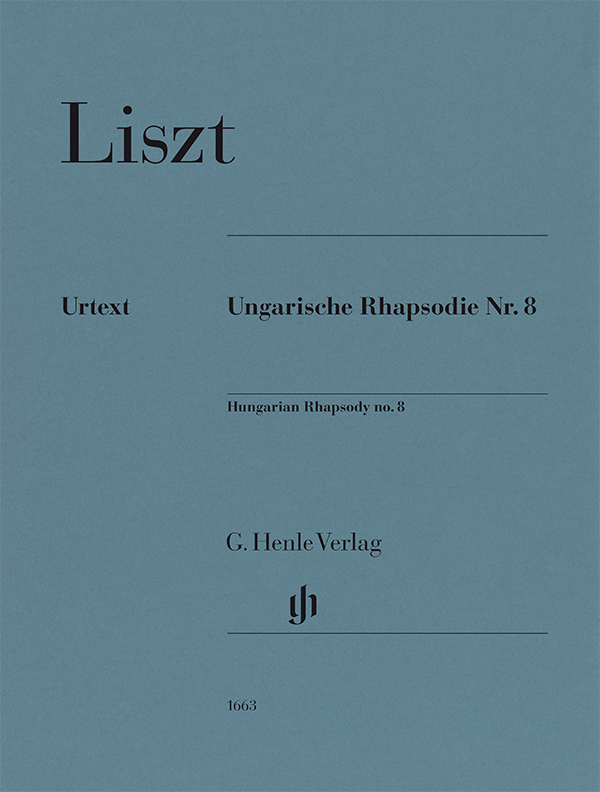Franz Liszt
Two Concert Etudes
>
内容/詳細
作曲家について
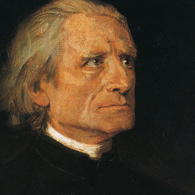
Franz Liszt
The most famous piano virtuoso of the nineteenth century is regarded as the most influential artist and composer (with Berlioz, Wagner) of the so-called New German School. His immense musical oeuvre comprises, above all else, works for solo piano, including numerous transcriptions; he also devised the symphonic poem. Important, too, are his sacred and secular choral works and songs.
| 1811 | Born in Doborján/Raiding (Sopron) on October 22, son of an official in the service of Prince Esterházy. First piano lessons from his father, early first attempts at composition, first public performance at age nine. |
| 1822 | Relocation of the family to Vienna, studies with Carl Czerny and Antonio Salieri. |
| 1823 | Relocation of the family to Paris. Composition studies with Ferdinando Paër and Antonín Reicha (1826). Performances in salons, concerts. |
| 1824–27 | Concert tours through France, to England and Switzerland. Composition of opera paraphrases for piano. |
| 1830 | Acquaintance with Berlioz, self-study by reading. He becomes Parisian society’sfavourite pianist and piano teacher. |
| 1835 | He moves to Switzerland with Countess Marie d’Agoult: their first child together, Blandine-Rachel, is born here. He continues concertizing in Paris. |
| from 1839 | Continuous concert tours throughout Europe. |
| from 1847 | Symphonic poems, including No. 2, “Tasso: lamento e trionfo”; No. 1, “Ce qu‘on entend sur la montagne” (‘Bergsymphonie,’ ‘Mountain Symphony’); “A Faust Symphony in Three Character Pictures”; “A Symphony to Dante’s Divine Comedy” (‘Dante Symphony’); as well as [No. 11], “Hunnenschlacht” (“Battle of the Huns”). |
| 1848–61 | Kapellmeister in Weimar; he advocates for progressive music (Wagner, Schumann, Berlioz). |
| 1857–62 | Oratorio, “The Legend of St. Elisabeth.” |
| 1861–68 | Resident in Rome. |
| 1865 | Takes minor holy orders. |
| 1866–72 | Oratorio, “Christus.” |
| 1871 | Appointed Hungarian court councilor; he lives in Rome, Weimar, and Budapest. |
| 1886 | Death in Bayreuth on July 31. |
校訂者や運指担当者について
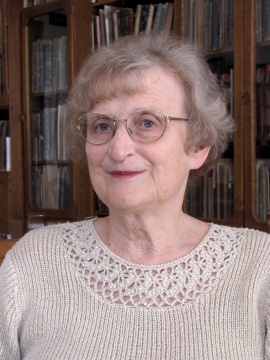
Mária Eckhardt (校訂)
Mária Eckhardt, born in 1943 in Budapest, studied at the Budapest Academy of Music (Liszt Ferenc Academy of Music, today University of Music), and in 1966 she graduated with a diploma in choral conducting and teaching music. After holding different posts at the Hungarian National Library Széchényi and at the Institute for Musicology at the Hungarian Academy of Sciences she worked at the Liszt Ferenc Memorial Museum and Research Centre of the Liszt Academy of Music, of which she was Head between 1986 and 2009.
Eckhardt has been awarded numerous prizes for her Liszt research, in Hungary, and also in Europe and the US. Alongside Franz Liszt, her main research interests include the musical life of the 19th century and Hungary’s musical history.
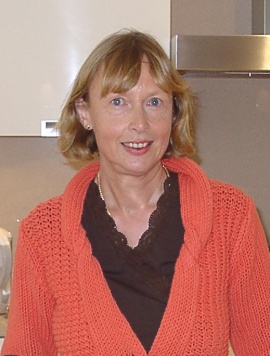
Wiltrud Haug-Freienstein (校訂)
Dr. Wiltrud Haug-Freienstein, born in 1955 in Riedlingen, read musicology at the Ludwig-Maximilians-Universität in Munich and was awarded her doctorate in 1987 for her thesis entitled “Motiv, Thema und Kompositionsaufbau bei Franz Liszt”.
She started out as a freelance editor for G. Henle Publishers, where she became a permanent editor in 1987, following a three-year period at the Richard Wagner Complete Edition in Munich. She remained at G. Henle Publishers until 2008. She edited and supervised the publication of numerous Urtext editions.
製品安全に関する情報

G. Henle Verlag
製品の製造元に関する情報はこちらでご覧いただけます。G. Henle Verlag
Forstenrieder Allee 122
81476 München
info@henle.de
www.henle.com
おすすめ
autogenerated_cross_selling
このタイトルを含む他の版


